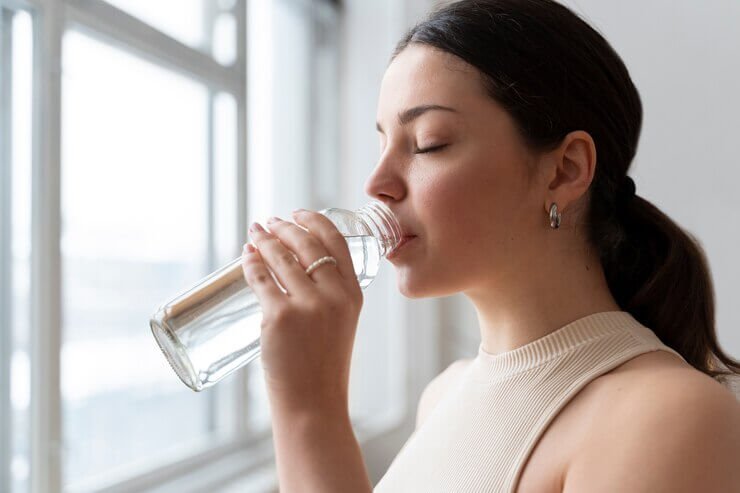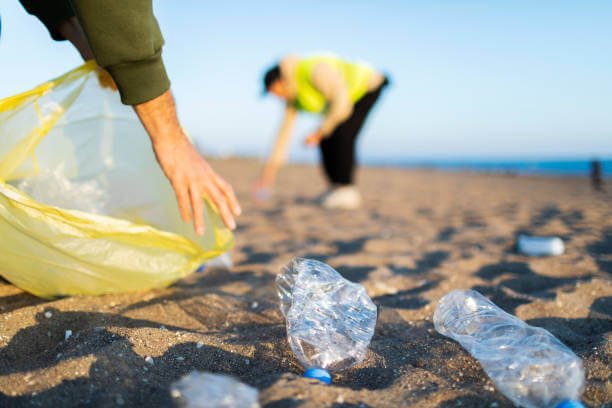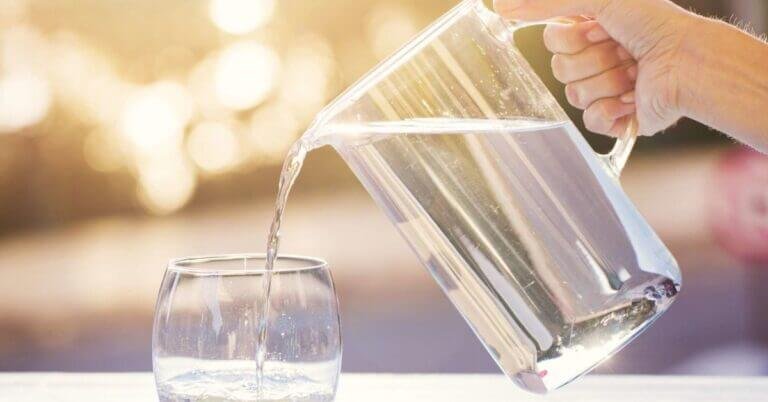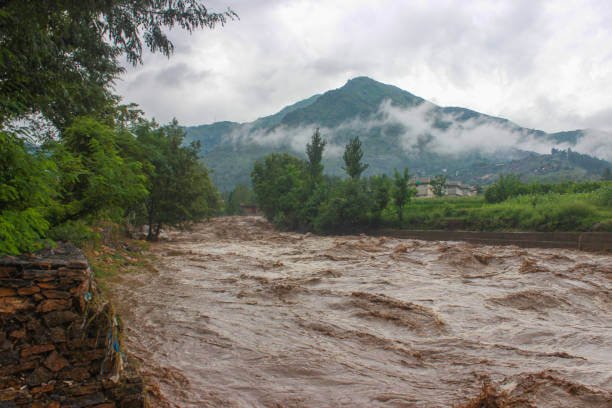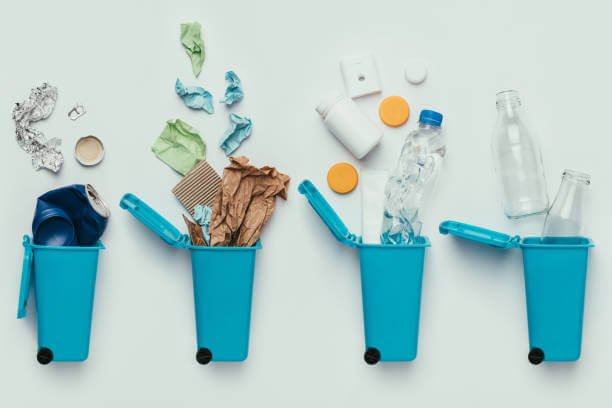The Science Of Water Pollution: What You Need To Know
Water is an essential resource for all life on Earth. Unfortunately, many of our water sources, for example, rivers, lakes, and oceans are polluted by toxic chemicals and garbage. Such water contamination negatively impacts the environment, our health, and our economy. In this article, we will discuss what is water pollution, its causes and effects, and how we can act to prevent it.
What Is Water Pollution?
Water pollution is a condition where harmful substances, such as chemicals, plastic wastes, or sewage, get into water bodies and make the water unfit for human, animal, and plant use. It may occur in freshwater sources such as rivers and lakes or salt sources such as seas and oceans. Poisonous and harmful water becomes toxic and unfit to drink, swim in, or use for farming and other purposes.
Causes of Water Pollution
The following are some of the primary sources of water pollution worldwide:
Industrial Waste
Factories are one of the major sources of water pollution. The majority of industrial factories make rivers or lakes near them a dumping place for their chemicals and poisonous metals without passing them through purifying processes. This destroys the water body, affecting even the fishes and water-borne flora. In addition to this, it also harms humans when consumed for drinking purposes or irrigation.
Agricultural Runoff
A farm uses more pesticides and fertilizers, and therefore, whenever it rains, it always washes chemicals into the local streams, rivers, and lakes. Fertilizers containing nutrients such as nitrogen and phosphorus can lead to algae growth. Oxygen in water is depleted by this growth, making it difficult for fish and other aquatic organisms to live.
Oil Spills
Another considerable cause of water pollution, specifically for oceans, is oil spills. Smaller leaks from ships or land-based sources are more prevalent than massive spills from oil tankers or drilling rigs. Oil in the water prevents marine species from getting enough oxygen, causing fish and bird death.
Plastic Waste
Thousands of tons of plastic go into the ocean every year. This is how plastics take thousands of years to degrade and remain in the ocean for so long. They can also entangle marine species or animals might eat them thinking it is food, but this is harmful to them. Microplastics or tiny plastic bits have been found in fish, and already microplastics are entering human food chains.
Sewage and Waste Water
Untreated sewage is directly discharged into rivers and oceans. Wastewater from homes and industries contains bacteria, viruses, and harmful chemicals that pollute water. In developing countries, contaminated water triggers diseases like cholera and dysentery.
Radioactive Waste
Radioactive material from nuclear power plants or hospitals might end up in water. Such radioactive substances are extremely poisonous and remain dangerous for thousands of years. Even in very small quantities, radioactive waste in water can be a serious threat to the health of both humans and wildlife.
Effects of Water Pollution
On Human Health
Water Pollution has also been one of the major causes of diseases worldwide. Such examples include drinking water contaminated with dangerous chemicals, sewage, and bacteria. The main health problems caused include some of the major health issues such as gastrointestinal sickness, cancer, and neurological abnormalities. Thousands die from drinking polluted water, especially those who lack clean water and proper sanitation.
Ecosystem Damage
Water pollution disrupts the ecosystem, and kills aquatic plants, and animals. For instance, plastics or other toxic chemicals that end up in rivers and oceans affect marine life such as fish, turtles, and birds negatively. Oil spills are highly damaging because they suffocate animals’ feathers or gills, preventing them from flying or breathing. This causes an imbalance in the whole ecosystem.
Economic Impacts
Water pollution has very severe economic implications. The fishing industries are adversely affected when the population of fish declines due to the presence of polluted waters, while tourism also stands to be adversely affected by dirty beaches or water.
Cleaning up polluted water is very costly and thus falls on the pockets of the government and residents.
Prevention of Water Pollution
Reduce Plastic Use
One of the easiest ways to fight against water pollution is to reduce plastic use. Use cloth bags, bottles, and containers for daily usage as alternatives to plastic. Recycling plastic waste also cuts down on the amount of plastic that ends up in oceans and rivers.
Proper Waste Disposal
Proper disposal of chemicals, oils, and medicines other than flushing through the toilet or disposing in landfills. Additionally, wastewater produced in industries should be treated before dumping it into the environment. Effective waste management prevents harmful components from contaminating water sources.
Sustainable Agriculture
Sustainable farming by farmers may mean reducing pesticide use and adopting organic farming. This helps in reducing dangerous chemical runoff into the surrounding water bodies. Planting cover crops and buffer zones can minimize soil erosion and nutrient runoff, thereby making rivers and lakes cleaner.
Save Water
Reducing water usage at home may help to reduce pollution. Less water consumed equals less wastewater generated. Simple steps like correcting leaks, taking shorter showers, and utilizing water-efficient appliances can make a significant impact.
Strict Regulations
Governments should also enact stricter environmental measures on industries and agriculture so that water pollution may be avoided. Companies that dump untreated waste in water bodies must be heavily fined. Furthermore, water quality can be ensured through monitoring systems set up.
Conclusion
Water pollution is an even major concern of the world that impacts everyone. The effects of poisoning drinking water or the destruction of marine habitats can be severely observed. Well, understanding what causes water pollution is one of the necessary steps ahead of efforts to stop it because cleaning our water sources is the only way to preserve them for future generations. We may make a difference in some areas by reducing plastic waste, regulating industrial and agricultural runoff, and better laws. It’s always the small action that makes a big difference, and all of us can work together to make the world cleaner and healthier.


